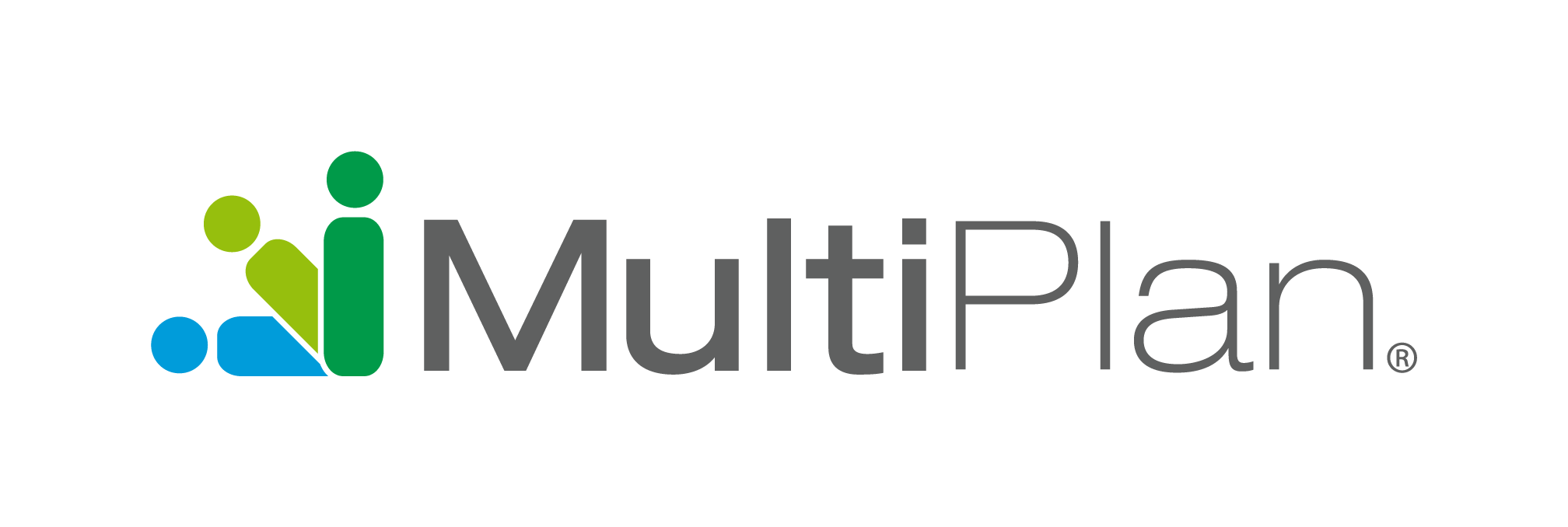If you’re a payor in the healthcare industry, you understand that incorrectly paid claims are a significant problem, contributing to more than $1 trillion in annual waste. You also know several companies offer solutions to help eliminate or reduce your incorrectly paid claims and save you significant dollars. So how do you choose which one to work with? The truth is many of the solutions are similar, and they’ll probably all save you money. So then what should you look for when choosing a healthcare payment integrity vendor?
How would your PI vendor answer the following
The following questions can help separate the wheat from the chaff.
- How do you engage with providers?
If not careful, payment integrity vendors can create provider abrasion and damage the relationship between payors and providers. Your vendor should have a long history of working with providers in an amicable manner. - Does anyone on your team have experience working for a payor directly?
The best healthcare payment integrity vendors will have a deep understanding of your business objectives and knowledge of the challenges you face. - How do you communicate with clients and what is your average response time?
Open, frequent and regular communication is a hallmark of a quality PI vendor and should be something that you demand. - What is your medical cost containment strategy and do you treat your clients as partners?
It is imperative that your vendor has a payment integrity philosophy that matches yours in terms of balancing savings versus appeals and administrative burdens. The vendor also needs to think of themselves as your business partner, not your vendor. - How flexible is your solution?
It’s important to determine whether your vendor is willing and able to customize their solution to fit your specific needs. You don’t want a vendor that touts a one-size-fits-all approach. - What is your appeal rate?
The appeal rate should be below 2%. And the vendor should handle those appeals while giving you total transparency to the process. - What is involved in implementation?
The implementation process should be fast and simple and not one that ties up significant resources throughout your organization. - How do you keep the data we send you safe?
Protected health information (PHI) is a hot commodity on the black market. Make sure your vendors have protocols and systems in place to keep it safe. - Are billing errors identified by technology or manually?
High-end solutions leverage a combination of technology and medical professionals such as coders and physicians to identify errors. The errors are detected by automation, and a medical expert reviews suggested edits to make sure they’re applicable for the specific medical claim being reviewed by eliminating false positives and false negatives. - Are you able to explain the edits you make to providers?
Healthcare payment integrity vendors can minimize provider abrasion by making edits they can explain. This doesn’t mean making simple edits. It means being able to talk about any and all edits in clinical terms. Physicians involvement in the payment integrity process provides a significant advantage. They’ve been in similar circumstances as the treating physician. They can translate industry codes into clinical situations, and they can determine if a clinical situation is realistic or not. They’ll also have an understanding of what the provider may object to and be able to explain why the objection doesn’t apply.
Outstanding PI vendors have good answers
These considerations are less obvious than functionality, and they’re where the outstanding payment integrity vendors separate themselves from the mediocre ones. If you’re looking for a Payment Integrity vendor, contact MultiPlan.

